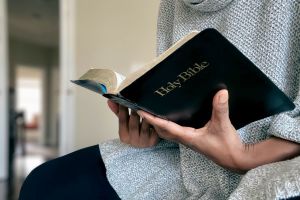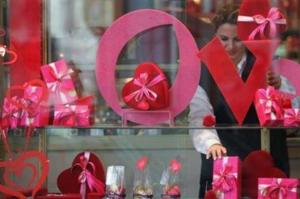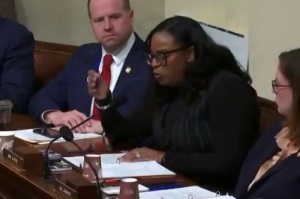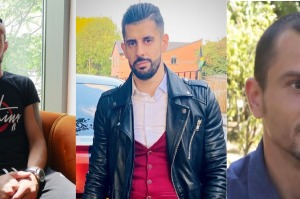Atheists Must Be Allowed to Say Prayers at Pennsylvania Legislative Meetings, Judge Rules
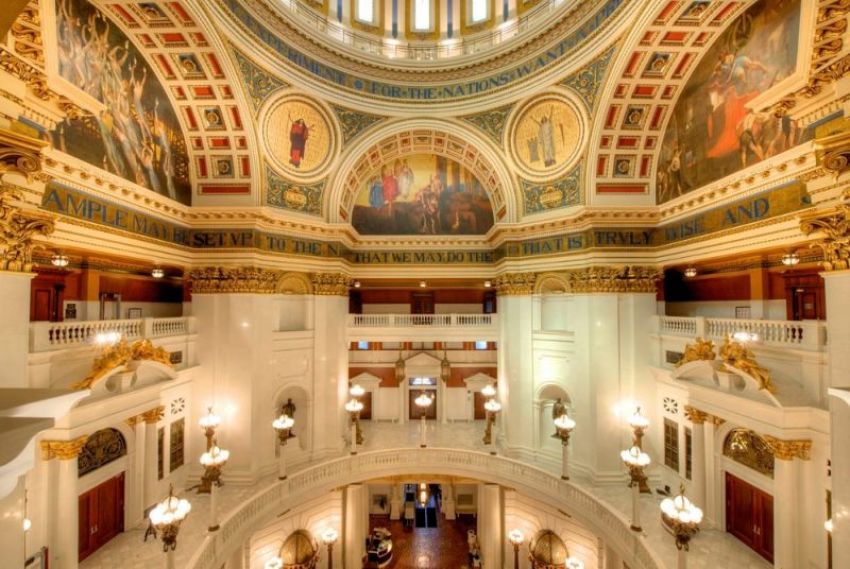
A U.S. District Court judge has ruled against the Pennsylvania House of Representatives' policy of guest chaplains giving invocations before meetings, claiming that it discriminates on the basis of religion.
For years, Pennsylvania's lower legislative house has had an invocation policy in place that allows for guest chaplains who are ordained clergy or members of the legislative body to give opening prayers before meetings.
In a decision released Wednesday, Judge Christopher C. Conner of the Middle District of Pennsylvania ruled that this policy discriminated against atheists who wanted to give a secular invocation.
"The Pennsylvania House of Representatives' current guest chaplain policy facially violates the Establishment Clause of the First Amendment to the United States Constitution," concluded Conner.
"The House's selection process invites members of the public to serve as guest chaplains but draws a qualifying line of demarcation between theistic and nontheistic belief systems."
Conner argued that the Pennsylvania House's pre-2017 opening invocation practice of having visitors stand during the prayer and "thereby participate in a religious exercise," also violates the Establishment Clause of the Constitution.
"Requiring visitors to stand and having Sergeants at Arms repeatedly and loudly direct consciously seated visitors to comply with the Speaker's request to stand amounts to an unconstitutional level of coercion," wrote Conner, who noted that the current practice of voluntary standing was acceptable.
Americans United for Separation of Church & State, which along with American Atheists and a few other secular groups filed the lawsuit in August 2016 against Pennsylvania over the policy, celebrated the decision.
Alex J. Luchenitser, associate legal director of Americans United and lead counsel in the case, said in a statement released Wednesday that he was "pleased the court has put an end to it."
"The Pennsylvania House of Representatives should fully welcome all Pennsylvanians, including nontheists, as legislators conduct business on behalf of the people," stated Luchenitser.
"Instead, the House's practice of barring residents who don't believe in God from offering invocations created an atmosphere of exclusion and religious disfavor that was both discriminatory and unconstitutional."
At the center of the lawsuit was an attempt in August 2014 by two members of atheist groups who submitted requests to give secular invocations before a House session.
Samuel H. Smith, who served as House Speaker at the time, rejected their requests, arguing that the House was not "required to allow non-adherents or nonbelievers the opportunity to serve as chaplains."
When the lawsuit was filed, a spokesman for House Speaker Mike Turzai defended the practice of having only ordained clergy or members of the House give invocations.
"We believe our rule and policy comports with the Constitution and is consistent with long history of legislative prayer as recognized by the various Supreme Court cases," the spokesman said in 2016, according to The Huffington Post.
In 2014, the U.S. Supreme Court ruled 5 to 4 in Town of Greece v. Galloway that a New York town could open meetings with explicitly Christian prayers provided other religious groups were not barred from giving invocations.
"... legislative prayer, while religious in nature, has long been understood as compatible with the Establishment Clause," read the majority opinion, authored by Justice Anthony Kennedy.
"As practiced by Congress since the framing of the Constitution, legislative prayer lends gravity to public business, reminds lawmakers to transcend petty differences in pursuit of a higher purpose, and expresses a common aspiration to a just and peaceful society."















